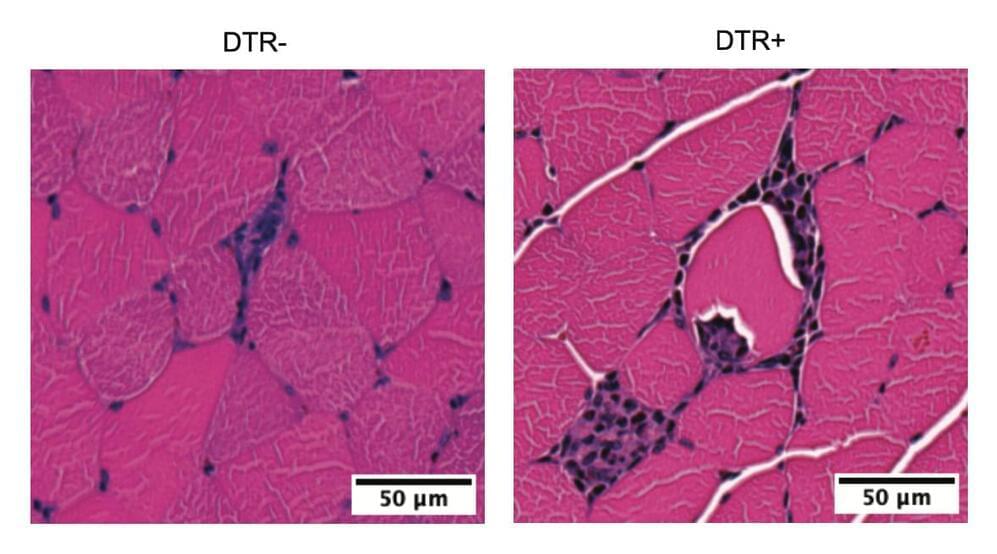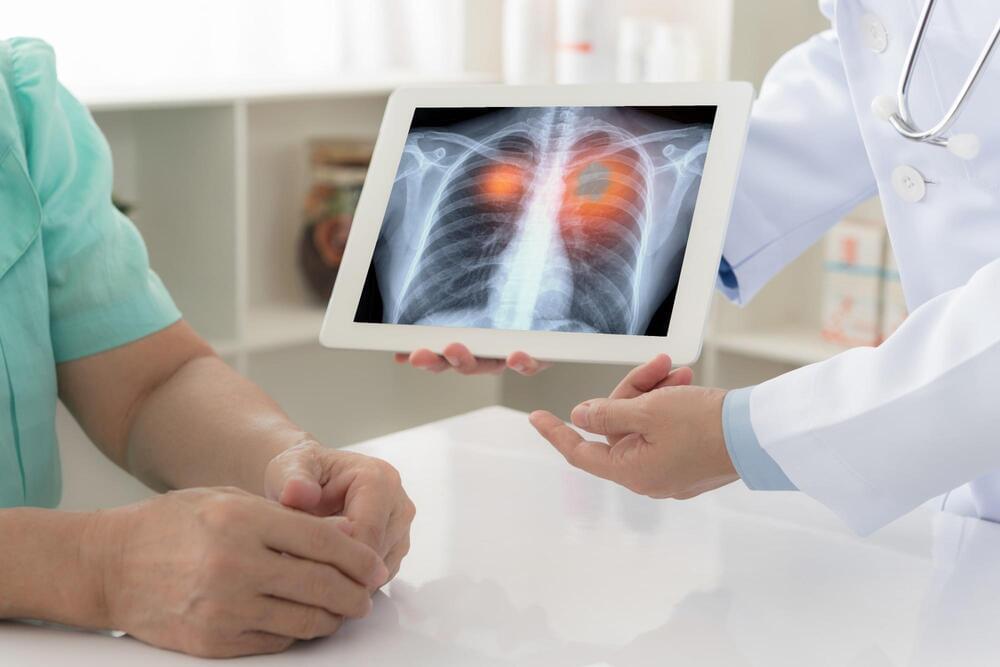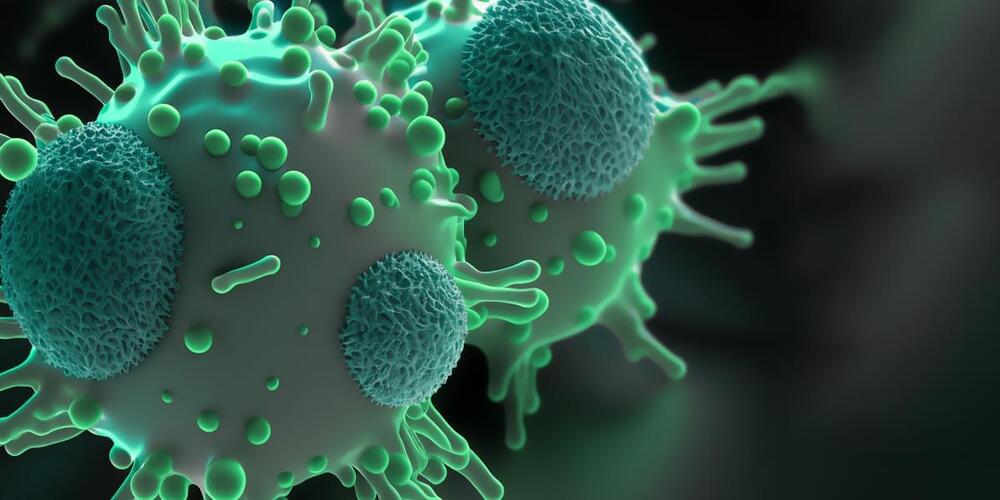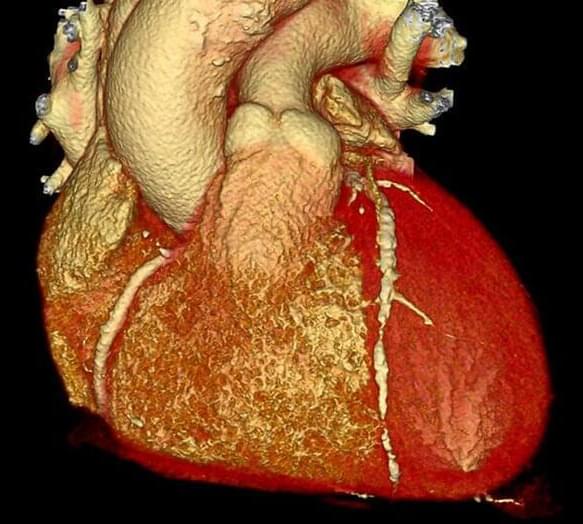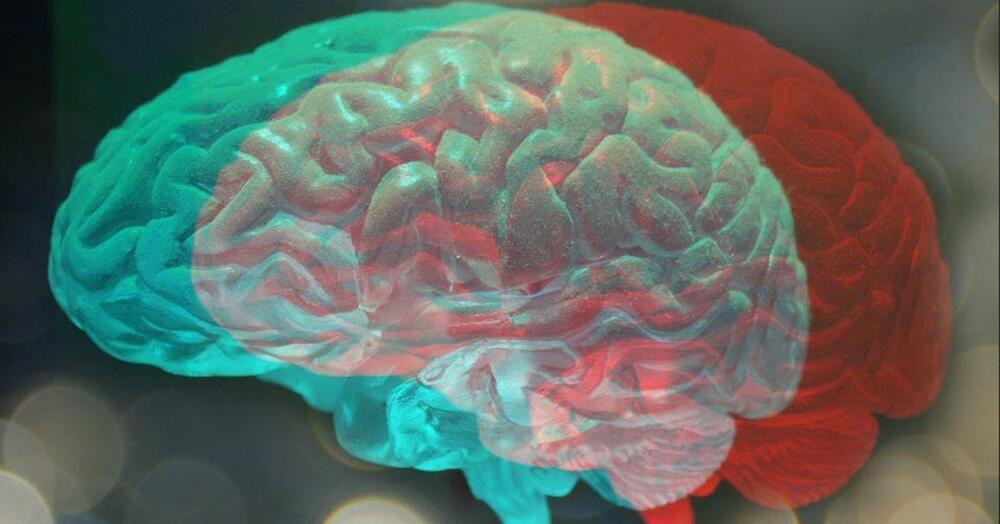Nov 13, 2023
Some benefits of Exercise stem from the Immune System, suggests new study
Posted by Natalie Chan in categories: biotech/medical, health
The connection between exercise and inflammation has captivated the imagination of researchers ever since an early 20th-century study showed a spike of white cells in the blood of Boston marathon runners following the race.
Now, a new Harvard Medical School study published in Science Immunology may offer a molecular explanation behind this century-old observation.
The study, in mice, suggests that the beneficial effects of exercise may be driven, at least partly, by the immune system. It shows that muscle inflammation caused by exertion mobilizes inflammation-countering T cells, or Tregs, which enhance the muscles’ ability to use energy as fuel and improve overall exercise endurance.
